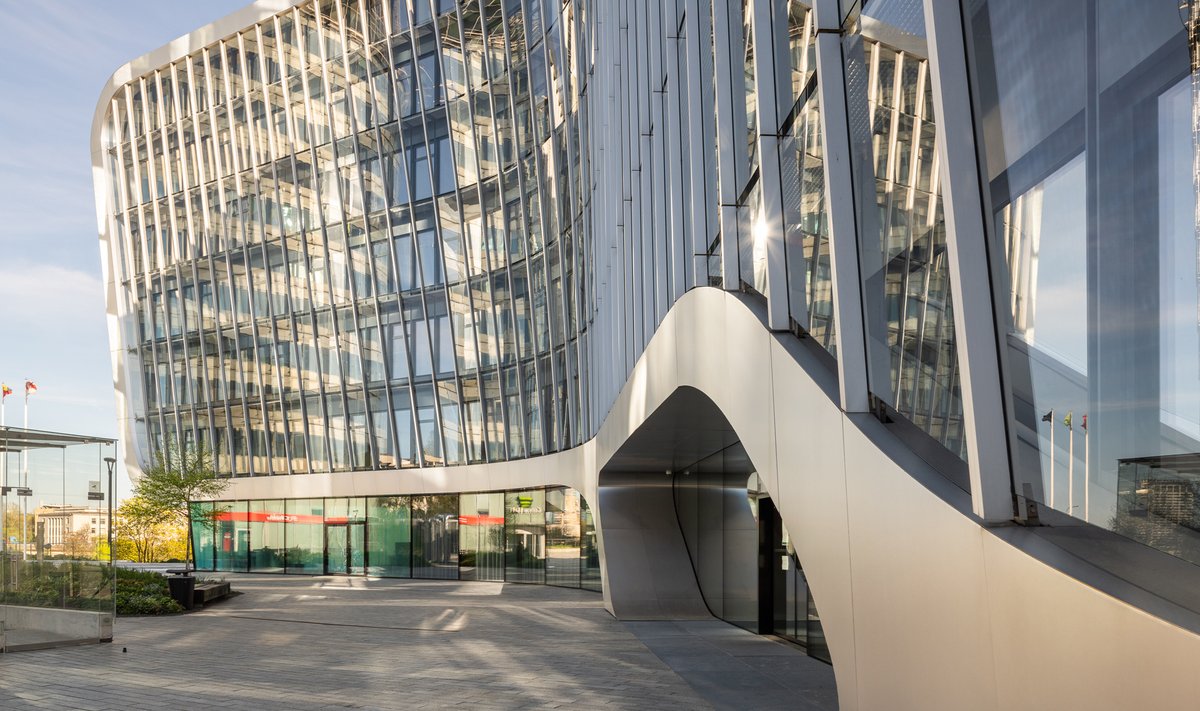Businessmen would also want funds from the European recovery fund to be allocated not only to small businesses but also to medium and large companies.
"The government hears what we say but does not have an answer. They will think, consider one way or the other and look for solutions. The issues are related to the facilitation of that migration," Rolandas Valiunas, board chairman of the Investors' Forum, said the meeting with Prime Minister Ingrida Simonyte.
In his words, large and medium businesses significantly contribute to growth in the country, therefore, the government should consider allocating European funds to such businesses as well.
"There are issues where the government has a different position from ours, meaning that our arguments have not been strong enough. For example, the issue of allocating structural and RRF funds not only to small business but also to large and medium companies," Valiunas said.
Social Security and Labor Minister Monika Navickiene says the state should make up its mind what migration policy it will pursue and whether it will continue being a country of the cheap imported labor force or has the ambition of maintaining the creation of added-value jobs and facilitate the arrival of qualified workers from third countries.
Lithuania already stands out in the whole region, she pointed out.
"Compared to Estonia where 1,300 non-qualified workers from third countries arrive a year, Lithuania allows 30,000 drivers to enter its transport sector alone. We stand out in the whole region specifically in terms of low-qualification workforce from third countries," Navickiene said.
